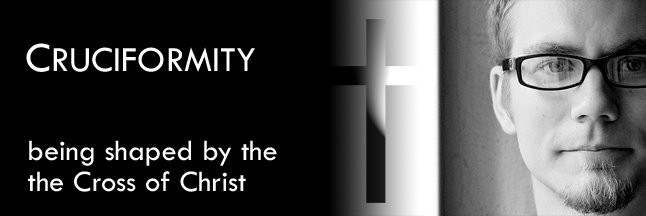This is one of the hardest truths in life that I have had to face. Everyone has weaknesses. No matter how good a person is perceived to be, there’s always the chance that they will hurt you, betray you, humiliate you, or neglect you. And maybe the worst part is, sometimes the person that does those things is me.
I have been hurt by family, and by my closest friends. I imagine all of us have. Part of me thought that would all change within the Church, but in some ways it’s been the opposite. The nature of Christian relationships is that you’re much closer to people than you would otherwise be, because of that intimate spiritual connection found only in Christ. But, the closer you are to someone, the more potential they have to do you harm. We can take many things from strangers, but from a brother… there are no words. David says it like this in Psalm 55, “For it is not an enemy who insults me, for then I could bear it. But it is you, a man like myself, my companion, my close friend.”
Just as bad is being hurt by those you highly respect: teachers, ministers, those in other high positions. I’ve been publicly humiliated by those I’ve greatly admired, and I cannot begin to explain how devastating that was to me. And I shamefully admit that I have likely done the same to others in times of weakness, selfishness, and pride.
There are many ways to react to this dark reality of life. One is to deny it, to believe that people don’t really hurt each other like this, or that it doesn’t really hurt to be treated badly. One is to buy into the lie that we deserve whatever this person has done, because we are essentially bad people. Another is to put up a wall, unwilling to trust other people, because there’s always this fear that the closer they get, the more it’s going to hurt when betrayal comes. But I think the way of God is very different from these.
I believe God invites us to, in spite of our sinfulness, have intimate relationships with other people, because we have a different motivation than the rest of men. In one of Jesus’ beatitudes, He puts it like this, “blessed are the merciful, for they shall receive mercy.” Whenever I forgive and accept those who humiliate me, hurt me, and betray me, I am actually taking on God’s nature… because that’s what He has done to me. Our lives, if nothing else, are on the whole an exclamation point screaming that all we really care about is ourselves, and that God is anything but a priority to us. We have loved the gifts, but ignored the Giver. We have taken for granted His blessings, but complained bitterly about our problems. Mercy to my brother or superior who demeans me seems nothing in comparison to what I have done to Almighty God. My motivation to forgive is that I have done far worse to God, and yet He has forgiven me.
But that doesn’t stop it from hurting. I have shed many tears over harsh accusations, character assassinations, gossip, public humiliations, and brutal attacks on my intentions. I have been so hurt by those I trusted that I wasn’t sure I had the strength to walk out my own front door. But the second part of this reality that I must face is that the roles could easily be reversed. It is not beyond me to betray, to hurt, and demean. So, when all my tears are shed, mercy is my only option.



